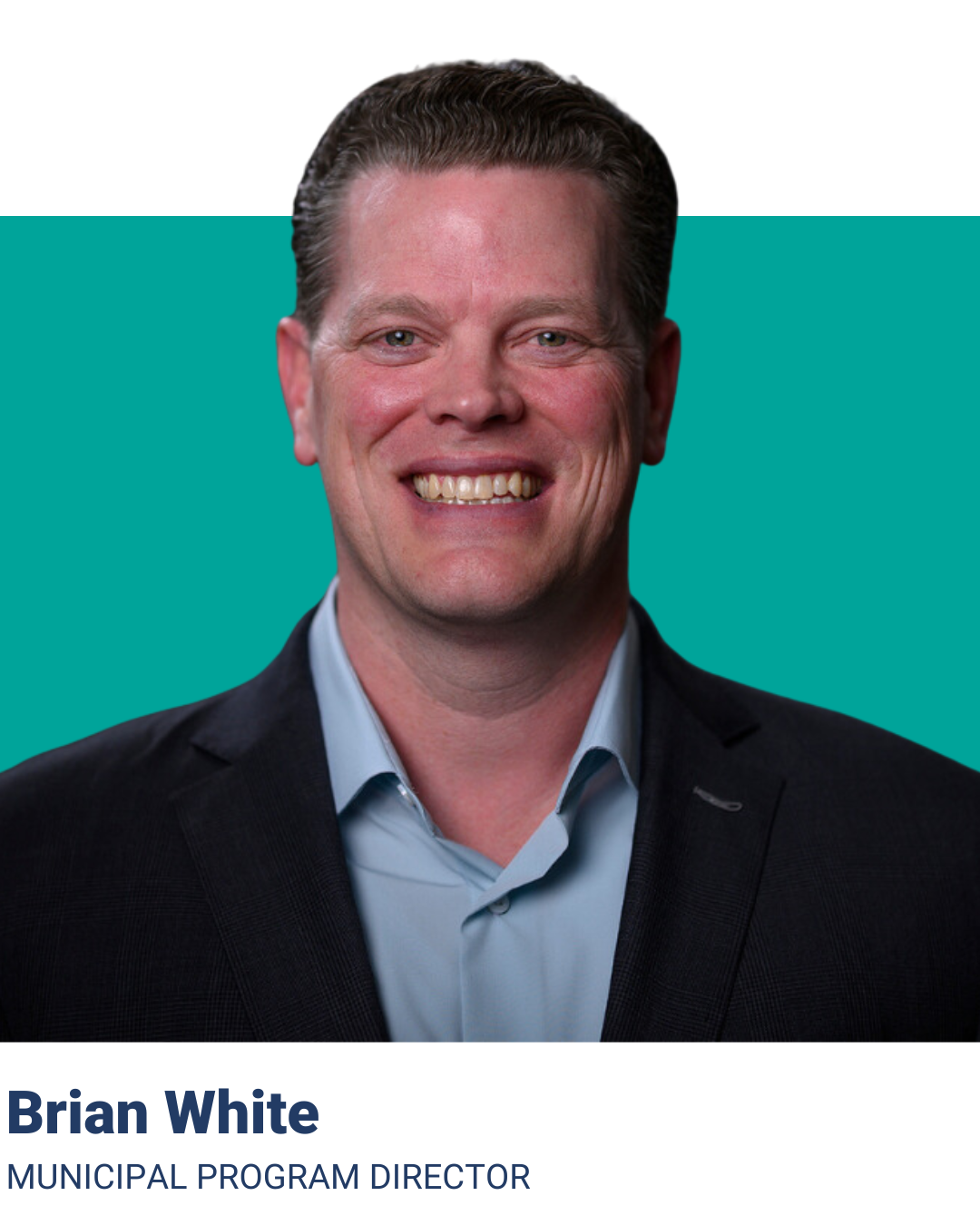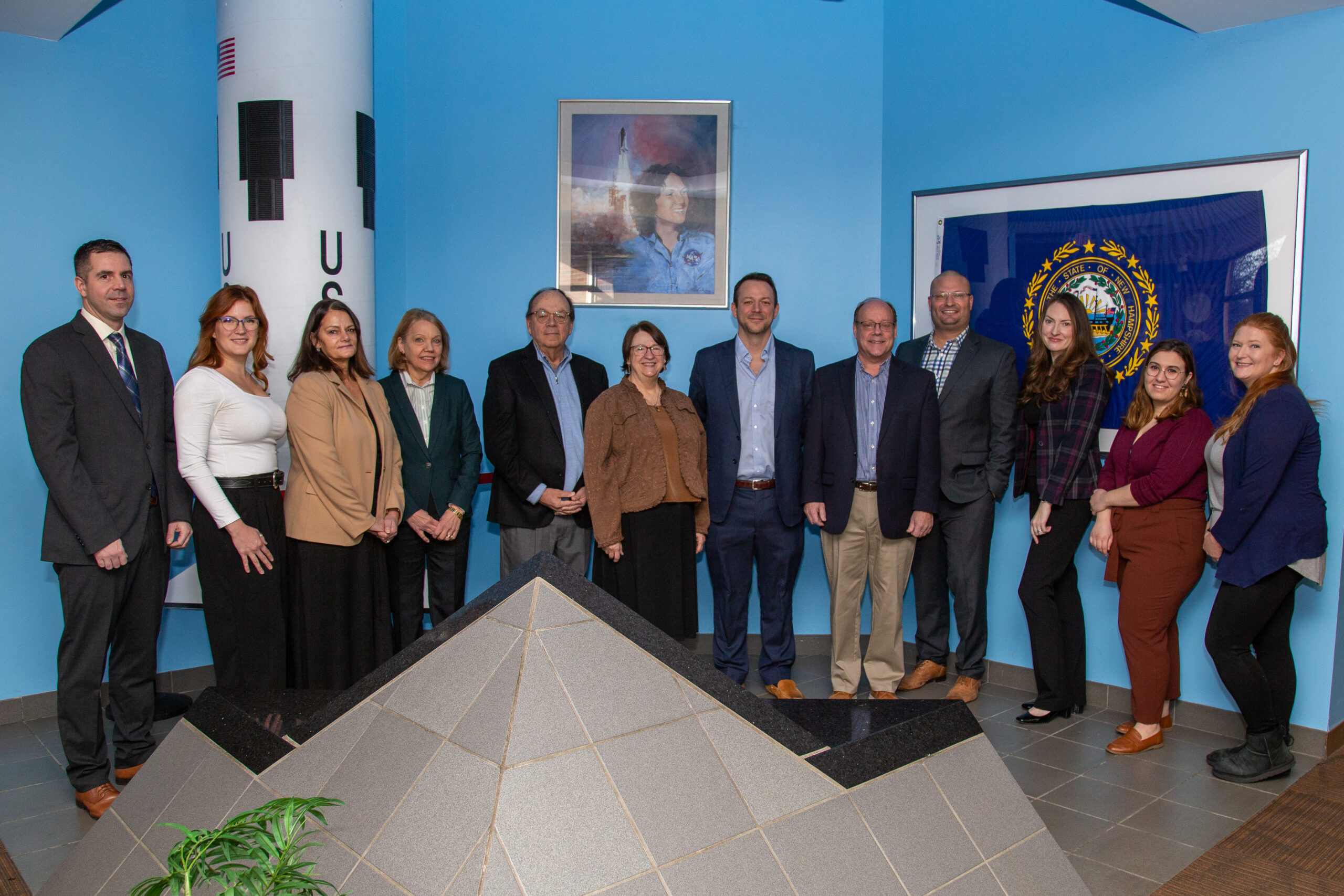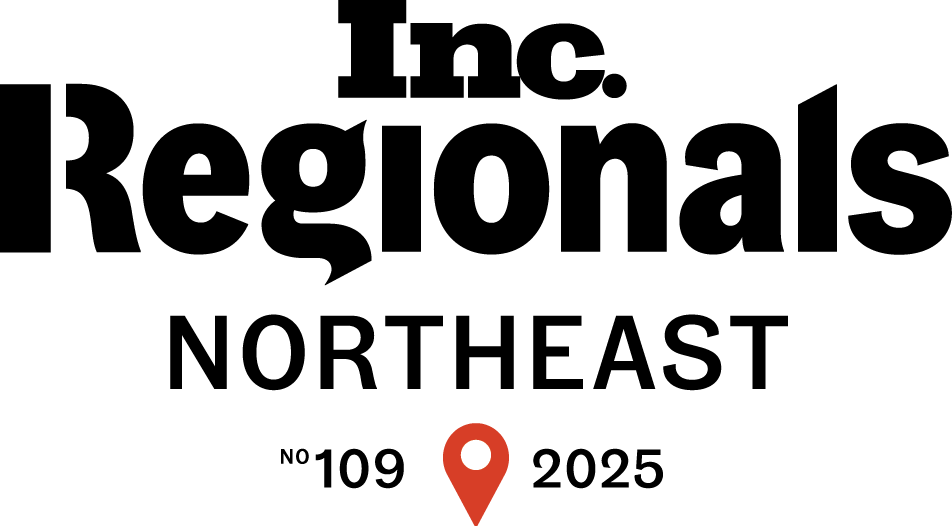Inside this Edition of the Freedom Energy Logistics Muni Minute
Freedom Energy Logistics | January 2024

New Hampshire’s municipal leaders can now access a valuable resource on energy management with the recorded two-part webinar series, “Navigating Energy Management: Key Challenges for NH Municipalities and How Freedom Energy Can Assist,” available on our website. Hosted by Brian White, Municipal Program Director at Freedom Energy, this series is an essential tool for New Hampshire city mayors, town administrators, and executive directors seeking to enhance their energy management strategies.
The webinar comprehensively addresses municipalities’ top ten challenges in managing their energy usage and expenditures. The first part of the series focuses on the initial five challenges, including limited resources, sustainability requirements, financial constraints, contract complexities, and community engagement. These topics are critical for optimizing their energy strategies amidst evolving challenges.
The second part of the series delves into the remaining challenges, covering managing utility invoices, navigating energy expertise gaps, dealing with market volatility, handling information overload, and ensuring consistency and dependability in energy management.
By watching this recorded webinar series, municipal leaders in New Hampshire will gain access to the expertise and tailored solutions. This series is a must-watch for those committed to improving their energy management practices and meeting the unique needs of their communities in a proactive and informed manner.
Click here to watch this insightful two-part webinar series and empower your municipality with the knowledge and practical solutions needed to navigate today’s complex energy management landscape.

In New Hampshire, municipalities are increasingly recognizing the complexities of energy procurement. The critical decision between securing the lowest rate or the lowest overall cost is not just a choice but a strategic direction that impacts their energy future.
This article, “Understanding the Energy Buyer’s Quandary,” examines the lowest rate vs. lowest cost decision-making process. It explores the nuances of energy procurement strategies, emphasizing the unique challenges and opportunities facing New Hampshire’s municipalities. Understanding these choices becomes vital for sustainable energy management while navigating the evolving landscape of energy rates, costs, and regulations.
Have you explored the unique and exclusive Hydro and Solar Program by Freedom Energy for your community? This program offers a unique blend of benefits, ensuring a smooth transition to green energy. Here are the key highlights:
- Hydro Rebates During Solar Development: Participants earn hydro rebates while waiting for solar arrays to become operational, which can take up to two years.
- Seamless Transition to Solar: Once solar arrays are online, there’s a hassle-free switch from hydro to solar energy.
- Quarterly Financial Distributions: Freedom Energy, as the project administrator, distributes checks to group members every quarter, sharing proceeds from surplus electricity generation.
- Supporting Renewable Energy Growth: The program aids in preserving existing hydro fleets and promotes the construction of new solar projects, contributing to a greener grid.
- Decade of Expertise in Group Net Metering: With ten years of experience, Freedom Energy manages over 140 million kWh across 27 municipalities, demonstrating a solid track record in GNM management.
- Trusted by NH Communities: The program is chosen by prominent clients, including the State of New Hampshire, various school administrative units, towns like Merrimack and Londonderry, the University of New Hampshire, and Cheshire County.
On January 4, 2024, Freedom Energy Logistics announced its partnership with Brookfield Renewable to manage the Group Net Metering (GNM) for the Errol Hydro facility in New Hampshire. This partnership, marking Freedom Energy’s first venture with Brookfield, brings a significant boost to their GNM portfolio, now encompassing 160,000 megawatt hours across the state.
The Errol Hydro facility’s capacity to produce 16,000 megawatt hours of renewable power annually presents a remarkable opportunity for New Hampshire’s municipalities to engage more actively in sustainable energy initiatives. This strategic alliance underscores Freedom Energy’s commitment to enhancing renewable energy solutions for municipal clients in New Hampshire.

This initiative is set to make astronomical discoveries more accessible to New Hampshire families and visitors. The Freedom Energy Logistics Planetarium, one of only four in North America with a cutting-edge 10K projection system funded by NASA and Senator Jeanne Shaheen, along with contributions from Freedom Energy Logistics and others, has been revamped with new seating and carpeting. This renovation, driven by CEO Bart Fromuth, marks a new era for the center, a hub of learning and inspiration since 1990. The partnership celebrates the legacies of Christa McAuliffe and Alan Shepard, encouraging engagement in science and space exploration. The renewed facility, now offering more interactive and comfortable experiences, continues to inspire future generations in STEM fields.
Community Choice Aggregation (CCA), also known as municipal aggregation or community power, is a program that leverages a community’s purchasing power to procuring electricity. When participating in a CCA cities, towns, or counties, procure energy on behalf of their residents and businesses. This approach capitalizes on the bulk purchasing power of the community, effectively reducing electricity costs through economies of scale. Energy continues to be distributed by the utility companies through their established transmission and distribution systems, ensuring reliable and uninterrupted service to all customers
Benefits of Community Choice Aggregation
- Enhanced Buying Power: Communities unite to form a powerful negotiating bloc, leading to more favorable pricing and active supplier engagement.
- Stable Pricing: Fixed rate contracts buffer communities from unpredictable market shifts.
- No Burden on Local Budgets: The program is entirely self-financed, sparing non-participating consumers from extra costs.
- Freedom to Choose: Participants can opt out anytime without penalties, offering unmatched flexibility.
- Consumer-Centric Contracts: Enhanced protections in contract terms safeguard consumer interests.
- Local Oversight: Municipal leaders ensure transparent and accountable supplier relations.
- Customized Solutions: Programs are crafted to reflect and serve the unique needs and goals of each community.
- Expert Guidance: Our partnership provides professional expertise for smooth program execution and management.
- Diverse Product Choices: Communities can define their standard energy product and explore additional options.
New Hampshire municipalities have an opportunity to modernize their school transportation and contribute to a cleaner environment through the EPA’s Clean School Bus (CSB) Program. Funded by the Bipartisan Infrastructure Law, this initiative offers $5 billion over five years (FY 2022-2026) to replace existing school buses with zero-emission and low-emission models. To date, nearly $2 billion has been awarded, funding around 5,000 school bus replacements across over 600 schools.
The 2023 CSB Rebates program is open, with the EPA set to award at least $500 million. However, the application deadline is quickly approaching – 4 PM ET on January 31, 2024. This program represents a significant step towards cleaner air and reduced health risks, especially for children, and offers cost savings in maintenance and fuel, along with enhanced resiliency through Vehicle-to-Grid capable buses.














Connect With Us